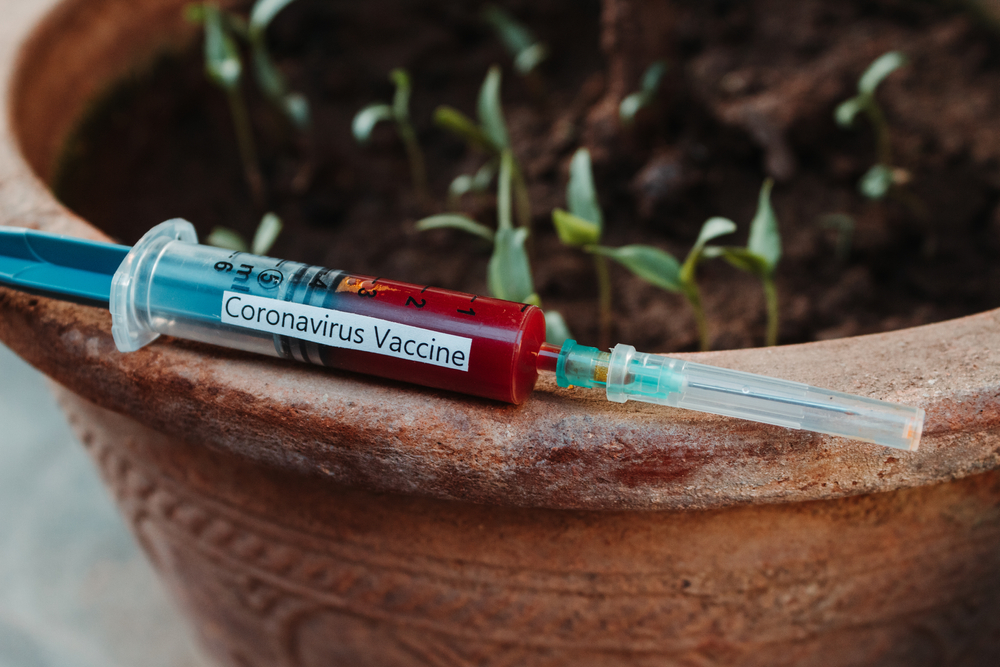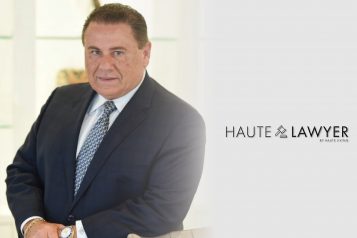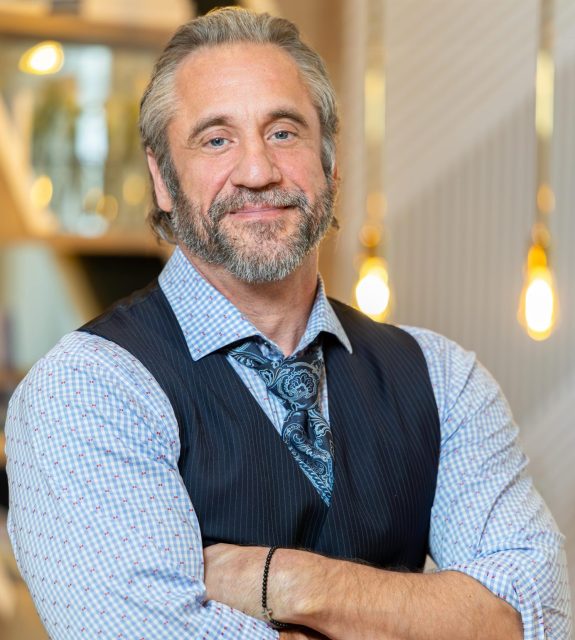The Health Law Section of the New York State Bar Association (NYSBA) which is made up of thousands of New York lawyers, released a report where it calls for mandatory vaccinations for COVID-19 once one becomes available.

“The report is a model of scholarship, brimming with expertise and erudition, and it provides analysis and recommendations on vitally important public health issues, at a critical moment in our history,” said NYSBA President Henry M. Greenberg. “It will serve as an indispensable resource for policymakers. I thank the task force’s members for producing a report that illustrates why NYSBA is a state and national thought leader on the great issues of the day.”
The report cited Jacobson v. Massachusetts, a case on states’ authority to enforce obligatory vaccination laws that was upheld in 1905 by the U.S. Supreme Court. The report also prioritizes essential health care workers and vulnerable New Yorkers at risk of contracting the virus.
“The current pandemic shows us how unsafe we all are when we face a virulent contagious disease without a safe and effective vaccine, widely administered,” said Hermes Fernandez, chair of the Health Law Section and attorney at Bond, Schoeneck & King.
“Some Americans may push back on the COVID-19 vaccination for religious, philosophical or personal reasons,” says the report released on Thursday by the NYSBA, but, it says, “for the sake of public health, mandatory vaccinations for COVID-19 should be required in the United States as soon as it is available.”
“Despite public declarations to the contrary, there was scarcity and resort to crisis of standards of care in New York City during the COVID-19 surge,” says Weill Cornell Medicine bioethicist Joseph J. Fins, who is also a faculty member in the Solomon Center for Health Law and Policy at Yale Law School. “To respond to this dire need, hospitals across the city increased their ICU capacity by over 200-300%… Although the attention was on the shortage of equipment and the built environment, the greater stressor was the lack of adequately trained personnel able to manage critically ill patients.”
For more stories, visit www.hauteliving.com/hautelawyer.
Source:


















